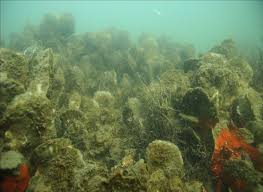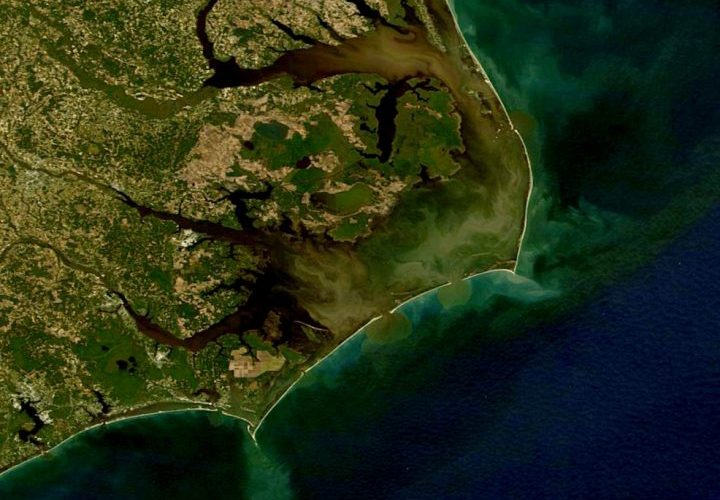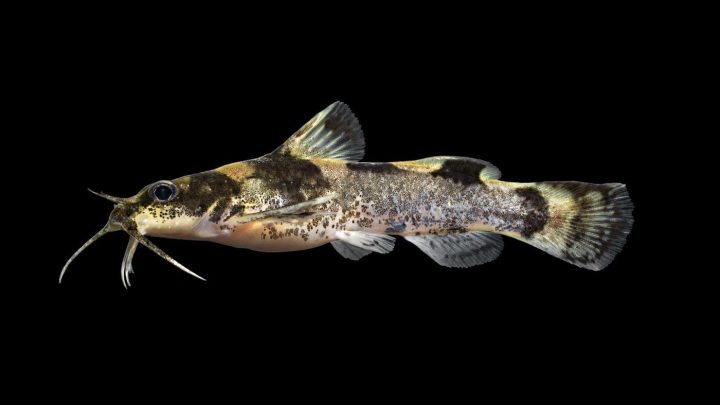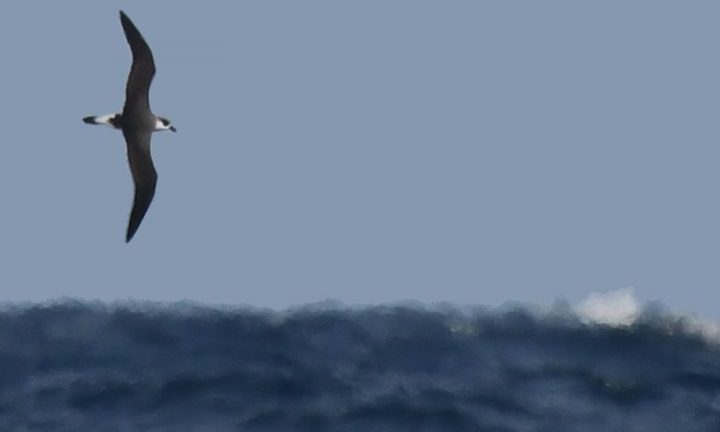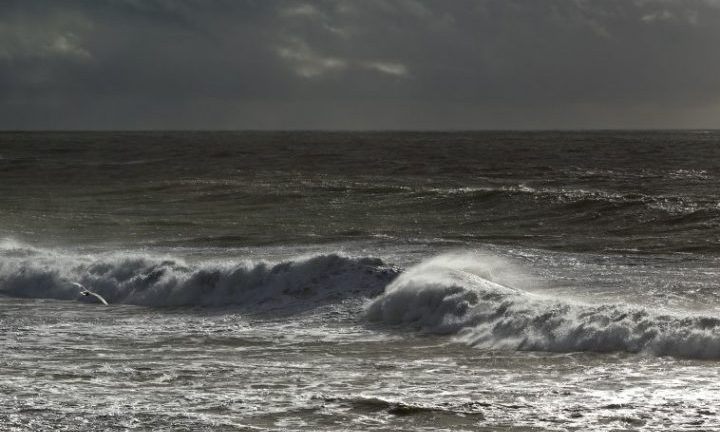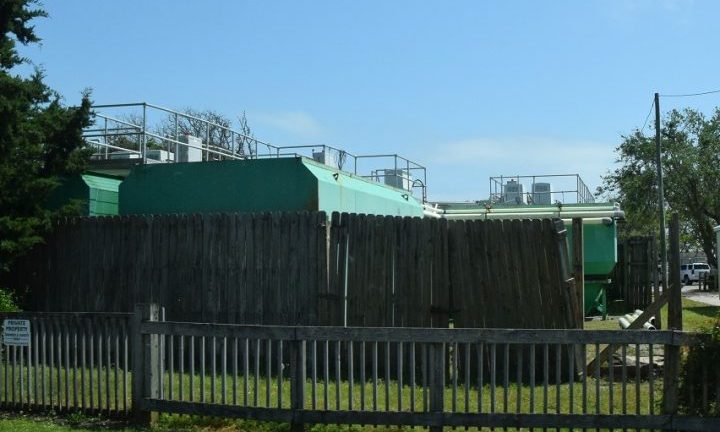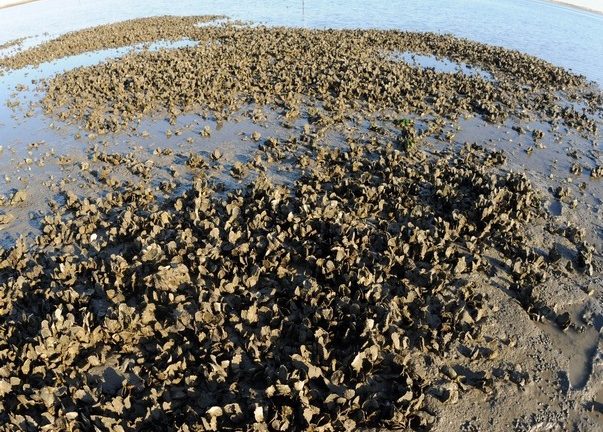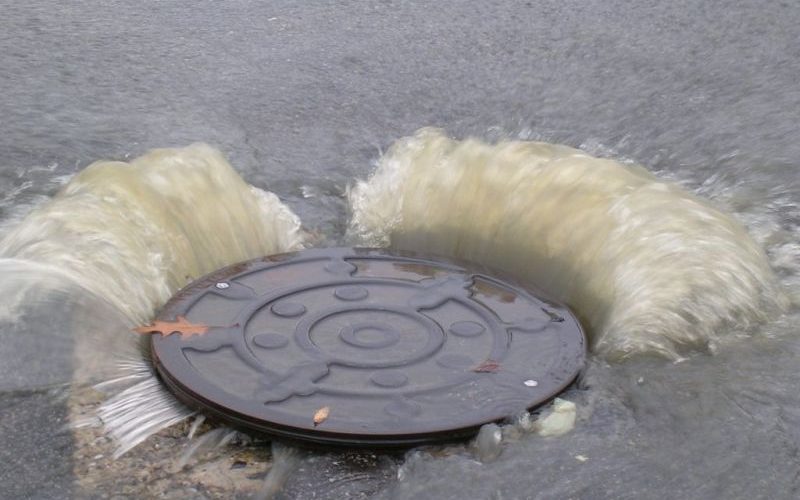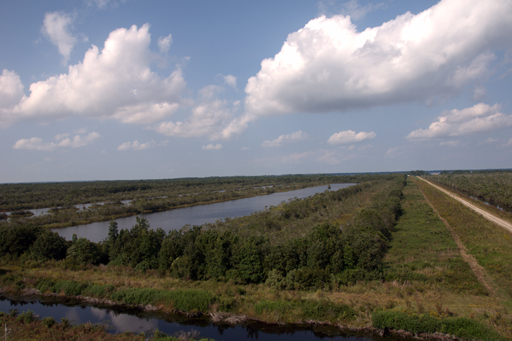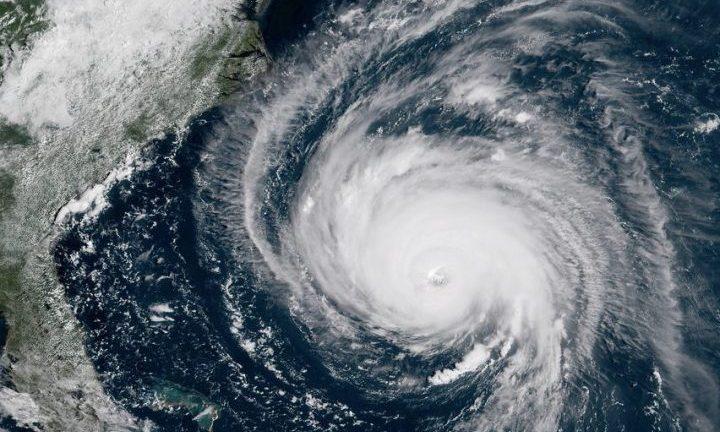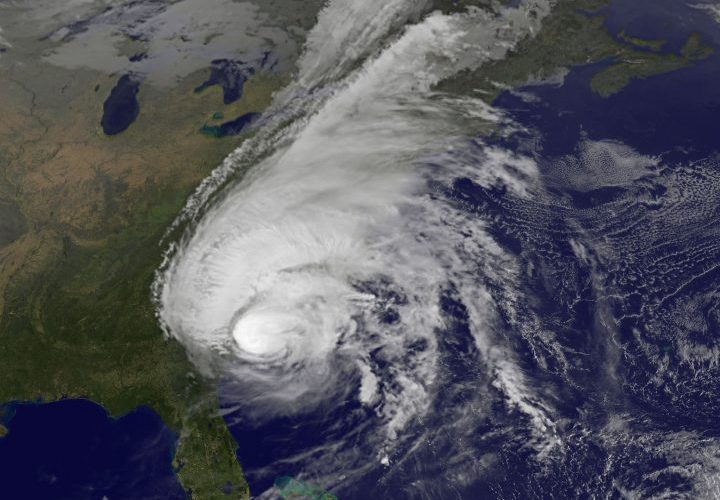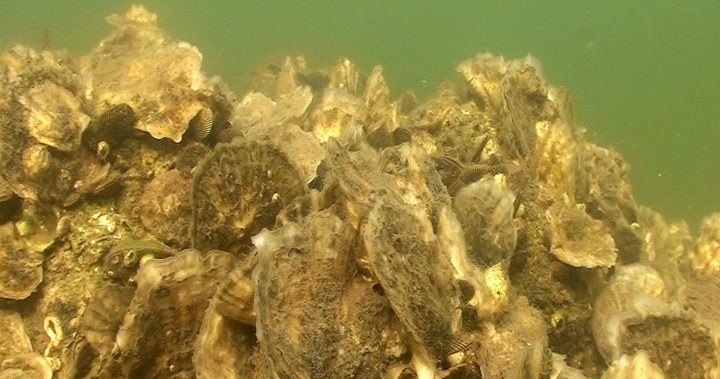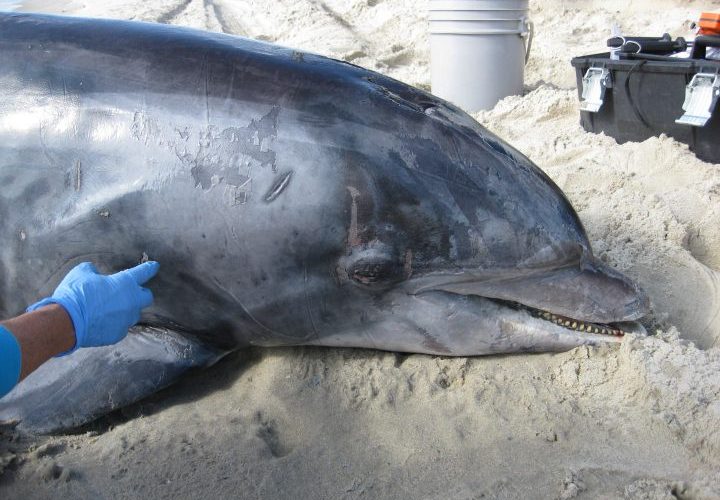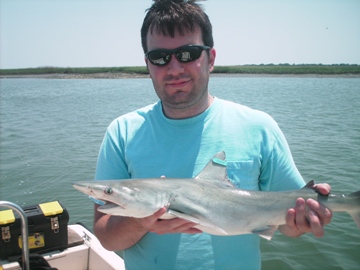N.C. State researchers using underwater sound recordings have found more biodiversity of fish and other aquatic life than expected depend on oyster reefs as habitat.
Science
Study: Climate Change Key in Cycle of Floods
With six of seven of the highest rainfalls since 1898 occurring within the last 20 years, UNC researchers find that climate change may be stirring a feedback loop of flood-producing coastal storms.
2 Neuse River Creatures To Get Protection
The U.S. Fish and Wildlife Service proposes to list the Neuse River waterdog as threatened and the Carolina madtom as endangered under the Endangered Species Act.
Team Seeks Skittish Seabird Off NC Coast
Researchers are looking for the mysterious black-capped petrel off Cape Hatteras, a threatened pelagic bird that breeds on Caribbean islands and travels far to forage.
New Tsunami Research Rides on Small Waves
NOAA scientists studying meteotsunamis say learning more about these smaller tsunami-like waves that reach N.C. beaches generally unnoticed could help in forecasting storm surge and coastal flooding.
Study Eyes Tourism’s Effect On Groundwater
Researchers studying groundwater quality on Bogue Banks, where there’s no central wastewater treatment plant, have shown correlations in nitrogen levels and seasonal population spikes.
Forum Links Coastal Scientists, Community
Numerous factors play a part in oyster reef growth rates, according research shared during a recent symposium at the University of North Carolina Institute of Marine Sciences in Morehead City.
Study: Expect Worsening Wastewater Woes
Researchers say excessive rainfall, rising sea levels and other factors are compounding the problems that cause sewage spills, and towns may be overwhelmed trying to address more and more wastewater system failures.
Restoration Work A Test for Carbon Farming
Researchers say a project in northeastern N.C. to restore pocosin wetlands that were drained for agriculture could become a model system for capturing CO2, the greenhouse gas most associated with climate change.
Climate Change, Cities Make Storms Wetter
Two recently published studies show that urban development and the effects of climate change are contributing to the extreme rainfall and flooding of recent hurricanes.
Research: Hurricanes’ Effects on Estuaries
Research by Hans Paerl and his colleagues at the UNC Institute of Marine Sciences sheds new light on the effects increasingly frequent hurricanes could have on the Neuse River estuary and Pamlico Sound.
New Tool Makes Oyster Restoration Easier
Scientists and stakeholders have created a mapping tool that indicates optimal locations to restore oyster reefs, which is being put to use creating a sanctuary in Pamlico Sound.
Study: Nesting Turtles Prefer Dark Beaches
Anna Windle at the Duke University Marine Lab in Beaufort has been leading a study on sea turtle nesting and artificial light, finding that nest density is higher on darker beaches.
Dolphin’s Last Meal Helps Fill Knowledge Gap
A tagged striped bass recently found in the preserved stomach of a dolphin that died 14 years ago on Ocracoke Island has helped fill in blanks in fisheries science.
Not Just Young Sharks, More Big Ones, Too
Bull sharks are increasingly using North Carolina’s Pamlico Sound as a nursery, according to a recent study, but long-term research has shown that waters in the region are teeming with more large sharks – a good sign for the ecosystem.
Venus Flytrap Could Get Federal Protection
The U.S. Fish and Wildlife Service is considering a petition seeking endangered or threatened status for the Venus flytrap, the famed carnivorous plant native to the Carolinas.

